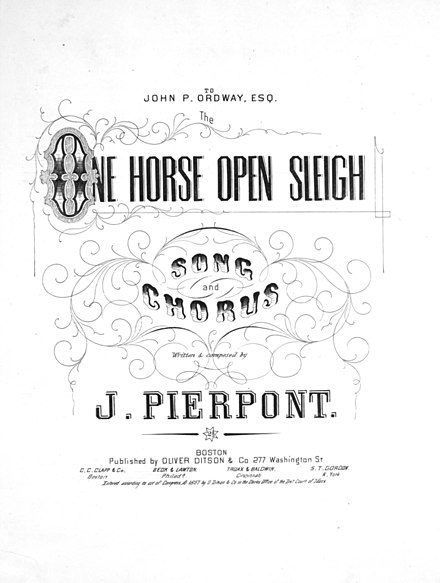DECEMBER 6, 2024 – Every Yuletide (I love the old word), while working at my laptop, I play YouTube recordings of the timeless Christmas classics, Handel’s Messiah and Vivaldi’s Gloria. I alternate between the two, though with lopsided preference for the Venetian. My “go to” rendition of Gloria is a 12-year-old performance by the Armenian Chamber Choir and Armenian Chamber Orchestra.
I don’t know a helluva lot about Armenia apart from its population (roughly three million (vs. a diaspora of 5 to 11 million)), its capital (Yerevan), its gorgeous landlocked scenery due to its remote geographic location (in the Caucasus, sandwiched among Turkey, Georgia, Azerbaijan, and Iran, and therefore, at the crossroads of a lot of tragically complicated history reaching back to the earliest of times), and its excellent traditions of Western classical music, as exhibited by my preferred recording of Gloria accessible on YouTube and, I should add, my sister Elsa’s violin teacher, the inimitable Ivan Galamian. Despite or perhaps because of my ignorance of Armenia, I’m fascinated by it. Trust me, your own interest will be piqued if you investigate just a bit of its history and geography.
Today, however, I broke with tradition. Rather than fire up Gloria or the Messiah, I searched “Christmas music bell chimes.” I was thinking of something along the lines of the Christmas carols-by-chimes LP album that always came out in our house at Christmastime when I was growing up. My YouTube search pulled up no such album. Instead, I clicked on “Best of 1950s to 1970s Christmas Carols.” The first thing to pop up was Jingle Bells Rock. All of us know it, but I actually listened to it straight through.
Then came a most surprising detour down the proverbial rabbit hole of the internet: searching into the origins of the traditional Jingle Bells, written by one James Lord Pierpont, brother of Rev. John Pierpont, Jr., who was the uncle of John Pierpont Morgan, the famous financier, who, by the way, owned the RMS Titanic and was supposed to be aboard on its maiden voyage but “missed the boat” because of illness, something to consider the next time you miss out on travel because of a cold or the flu.
Anyway, the composer of Jingle Bells, this guy James Lord Pierpont, who was a church musician, wrote the piece—originally intended as a drinking song—at a tavern in Medford, Massachusetts. Though composed in 1850, the song wasn’t copyrighted and published (originally as One Horse Open Sleigh) until 1857. It was republished two years later as Jingle Bells.
Going down the rabbit hole-offshoot of the rabbit hole detour . . . after hitting the big time with Jingle Bells, Pierpont moved to Savannah Georgia to serve as music director of the Unitarian Church where his brother, the aforementioned Rev. John Pierpont, Jr., served as minister. Mr. Jingle Bells wound up marrying a Savannah woman, and when the Civil War broke out two years later, our happy musician—no doubt to the chagrin of his extended family and friends back North in Beantown—joined a cavalry unit of the Confederate Army.
So there we have it—something to chew on the next time we hear Jingle Bells played in common areas of the mall. I doubt you’ll find a recording of the Armenian Chamber Choir belting out this famous song of the world, though you can be sure that put to the test, that outfit could provide a satisfying rendition—with the snow-capped Caucasus in the background.
Subscribe to this blog and receive notifications of new posts by email.
© 2024 by Eric Nilsson
